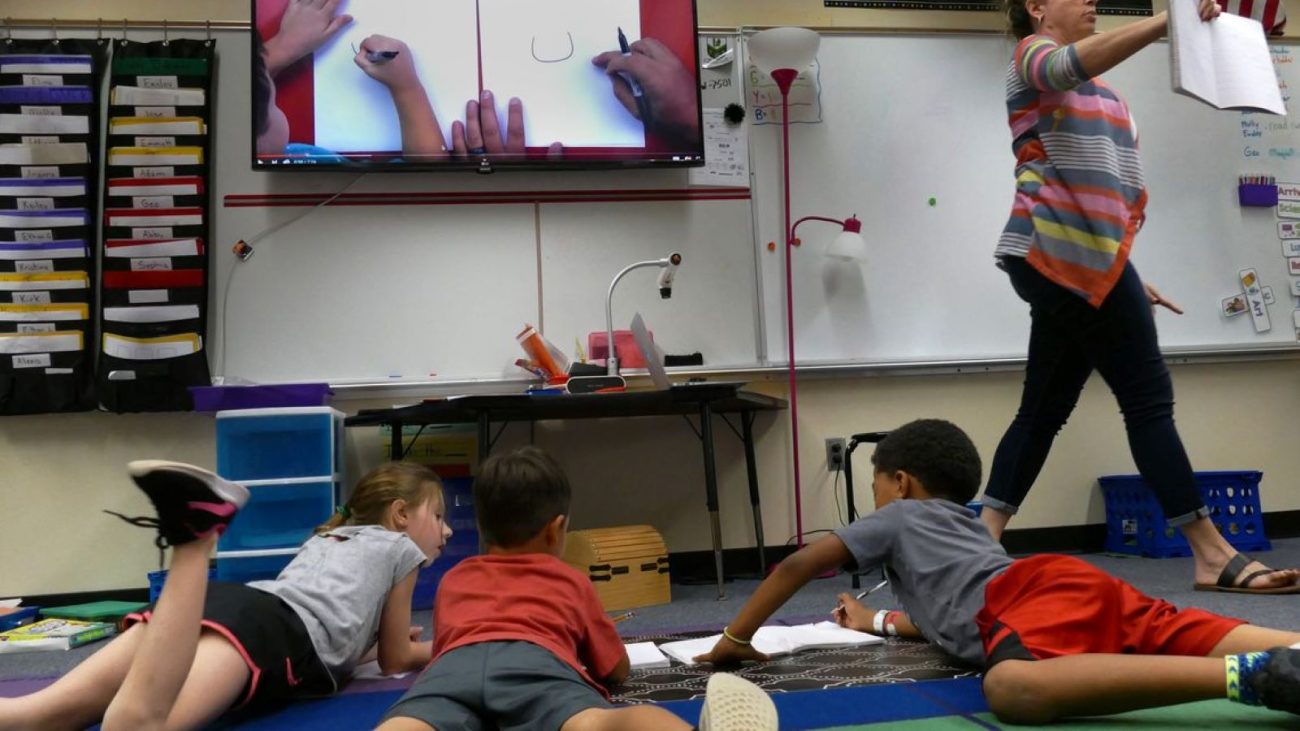Pasco schools seek to improve equity for students, employees
“We still have a great deal of work to do,” superintendent Kurt Browning says.
Tampa Bay Times | by Jeffrey S. Solochek | November 9, 2020
Pasco County school district officials frequently have used the word equity in recent years as they’ve discussed the need to improve educational opportunities for children in low-income and underserved communities.
The efforts have included expanding access to rigorous academic programs, particularly in schools along the U.S. 19 corridor, and broadening the reach of Advanced Placement courses to teens who hadn’t been identified to participate in the past.
Those are only the starting point, though, superintendent Kurt Browning said. In light of the national attention paid to diversity and race relations after a summer of protests and rallies that followed the death of George Floyd in Minnesota, Browning explained, the school district must do more to eliminate barriers to educational advancement and to implement more opportunities for students.
Toward that end, Browning named his administration’s top-ranking Black official — assistant superintendent Kim Moore — to head up an Equity Advisory Council tasked with devising fair and consistent practices within the district, clear and measurable goals for achieving desired outcomes without bias, and an approach to develop diverse leadership and a capacity for change.
“We are looking for a diverse group of people to come together … to help our district move forward,” Moore said.
The district has placed an application for council membership on its website, and already has received dozens of responses.
Moore said it’s critical that the administration hears from more than the usual group of participants. Students, parents, staff, community members and others who wish to have their voices heard should take the time to fill out the form, which asks pointed questions about peoples’ past activities in the areas of social justice, racial consciousness and cultural competency.
“We don’t want to just talk to the people we normally talk to,” Moore said, noting that the group’s meeting schedule would be devised to work with people who cannot make morning or daytime sessions. “We really want more community members from different groups to join this effort. Their voice is so important.”
To guide the discussions, the district is not setting its own agenda based on staff preferences.
Rather, it is launching an online discussion called a “Thought Exchange” to gather insights from the general public about the areas considered most important to improving diversity and equity in the schools, spokesman Steve Hegarty said.
It hasn’t posted the link to that conversation yet.
In the past, the district has used a similar approach to guide its back-to-school planning during the coronavirus pandemic, and to set priorities for school improvement.
Additionally, Hegarty said, the district is researching how other school districts across the state and nation have approached the equity and diversity issues, to get an idea of what success might entail.
Moore stressed that it’s not enough for district leaders to pat themselves on the back for past efforts that might have won awards. The schools must do more to meet individual students’ needs, she said, and that requires a better understanding of the obstacles and misunderstandings that get in the way.
Her own experiences have shown her how hard it can be to go to work in a community where people criticize you because of the color of your skin. Even if isolation isn’t intended, it can be real, Moore said, and the schools need to find a way past it.
“It is a difficult topic to talk about,” she said. “I think we’ll have the right people at the table that will be serious about having these conversations.”
Photo: Kindergarten students at San Antonio Elementary school were among the first to participate in primary years Cambridge International programs, one of several initiatives the Pasco County school district is employing to improve educational equity in the system. [ MICHELE MILLER | Times ]






